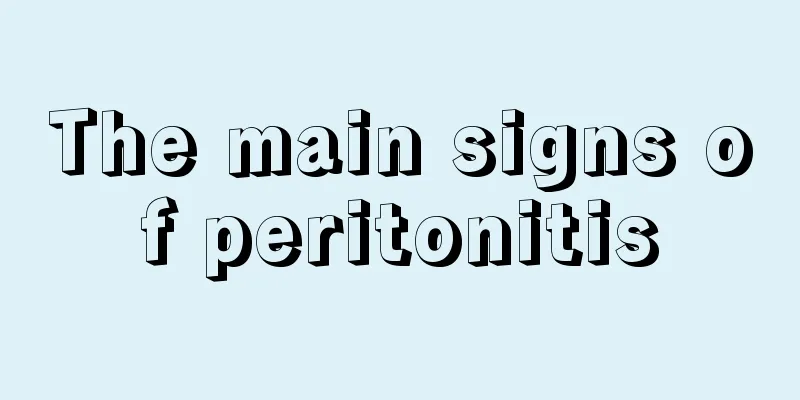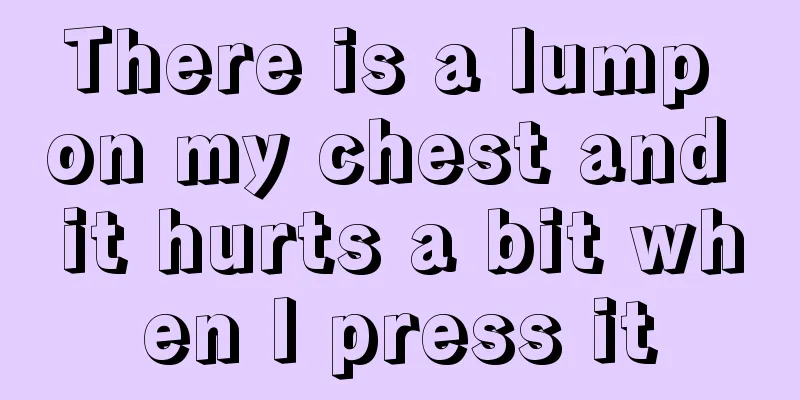Can wisdom teeth be removed?

|
Many people have experienced growing wisdom teeth. For some people, wisdom teeth have no effect on themselves, but once the pain occurs, it is very uncomfortable, sour and painful, which makes people very uncomfortable. They are afraid that it would be a waste of the tooth if they extract it, but if they don’t extract it, it will cause damage to other teeth. Some people will forget about it and ignore it once the pain is gone. Let’s take a look at whether wisdom teeth can be extracted. Wisdom teeth may be impacted in the jawbone or may not erupt at all. Or it may cause crowding or displacement of other teeth, resulting in local tooth decay, infection or gum pain. The position of impacted wisdom teeth in the jawbone is also abnormal, and sometimes they are even impacted horizontally. In this case it is best to remove it. In addition, if the pain is unbearable, it is best to go to the hospital for treatment. In other cases, it is best not to extract wisdom teeth, as they are located at the innermost part of the mouth and are the most difficult to operate. Improper operation may be harmful. Using anesthetics is not a good thing either. 1. Tooth decay: If wisdom teeth have tooth decay, except for very simple tooth decay on the occlusal surface that is not deep, which can be filled, we recommend extraction for those tooth decay on the adjacent surface that require very good technology, as well as those that are very deep and even require root canal treatment to prevent future troubles. 2. Invasion of adjacent teeth: Usually there is insufficient space for the eruption of wisdom teeth, and they will fall on the second molars, making it difficult to clean the second molars, or even partially absorbed, causing discomfort or toothache to the patient. 3. Insufficient space: Because wisdom teeth come out late, there is no extra space for them to take root. Therefore, when they come out, they will squeeze the adjacent teeth and cause swollen gums and pain. 4. Difficult to clean: Due to lack of space, wisdom teeth often grow crookedly, making it difficult to clean the teeth and leading to tooth decay. 5. No opposing teeth: Some people only grow one wisdom tooth, while others grow several. When the wisdom tooth comes out, there may be no corresponding teeth to bite, resulting in abnormal bite. Do not lick wisdom teeth with your tongue; massage, rub the inside of your face gently, until it hurts a little, about 40 to 50 times a day, and the pain will be relieved after a few days; be sure to rinse your mouth after meals, preferably with salt water; eat some heat-clearing foods (bitter melon, lotus seeds, etc.), chrysanthemum tea, honeysuckle; if the pain is severe, you can also take some anti-inflammatory drugs; apply some ice cubes to the red and swollen areas to relieve the pain. The above is what I want to introduce to you today about whether wisdom teeth can be extracted. I hope you have understood it in detail. You should pay more attention to protecting your teeth and oral hygiene. You should already know from the above content that if you often feel pain, it is recommended to remove them. I hope the above content will be helpful to you. |
<<: How to peel raw chestnuts?
>>: What are the causes of acne on the face?
Recommend
What is the reason why sponge cake is not fluffy?
Cake is a common sweet in daily life. Cake is gen...
What are the functions of alum? Most people don't know these points
Alum has good anti-inflammatory, dehumidifying, h...
Is bleeding in the stool anal fissure? What other diseases could it be?
Many friends will find some blood when defecating...
What are the causative factors of lung cancer? You should know these causes of lung cancer in advance
Lung cancer is a relatively common disease. I bel...
What to do if the nose is scabby and dry
A dry and scabby nose is usually caused by gettin...
Is Caesarean section painful?
Pregnancy is a happy thing for many people, but I...
Can spider plants remove formaldehyde?
Many people plant spider plants at home, thinking...
Clinical manifestations of several common skin cancers
Skin diseases are common in life, and skin cancer...
I took a nap at noon and couldn't sleep at night
Sleep is very important for everyone. If you do n...
The effects and benefits of moxibustion on the navel
Moxibustion, a traditional Chinese medicine metho...
Are the itchy red spots on my feet dermatitis?
If red spots appear on your feet and they are ver...
What are the late-stage symptoms of lymphoma?
Lymphoma is mostly discovered in the late stage, ...
Quick relief of cervical spondylosis headache
For people with cervical spondylosis, their lives...
Kidney stone laser lithotripsy process
The kidneys are a high-risk area for kidney stone...
Can I eat preserved eggs if I have acne
Many people are troubled by acne on their faces, ...









